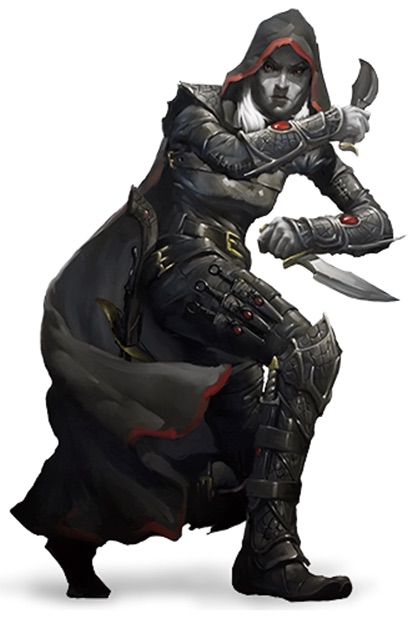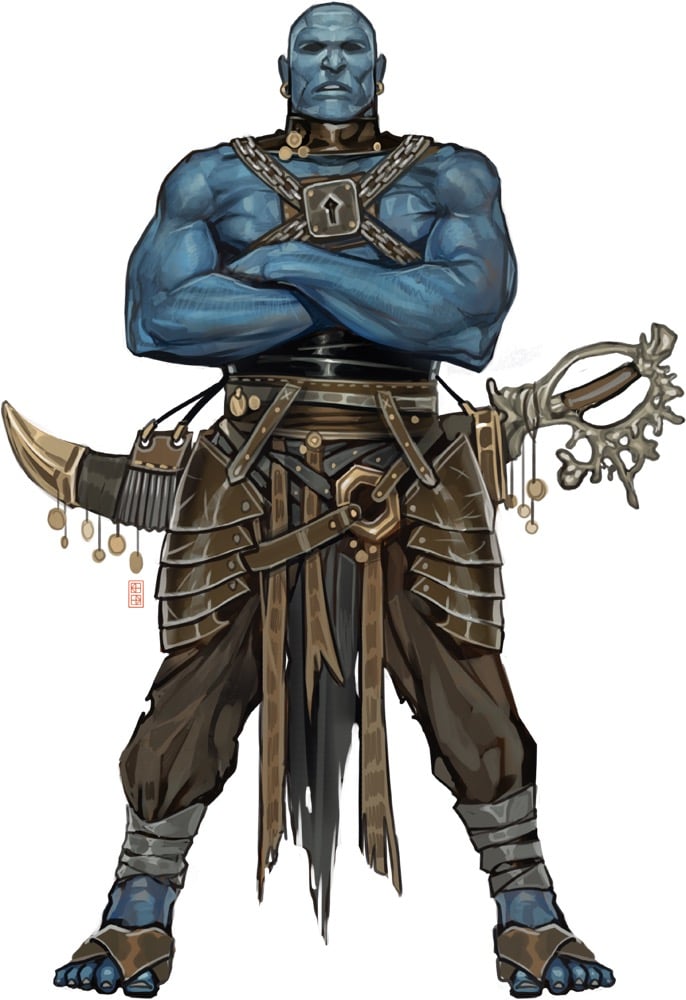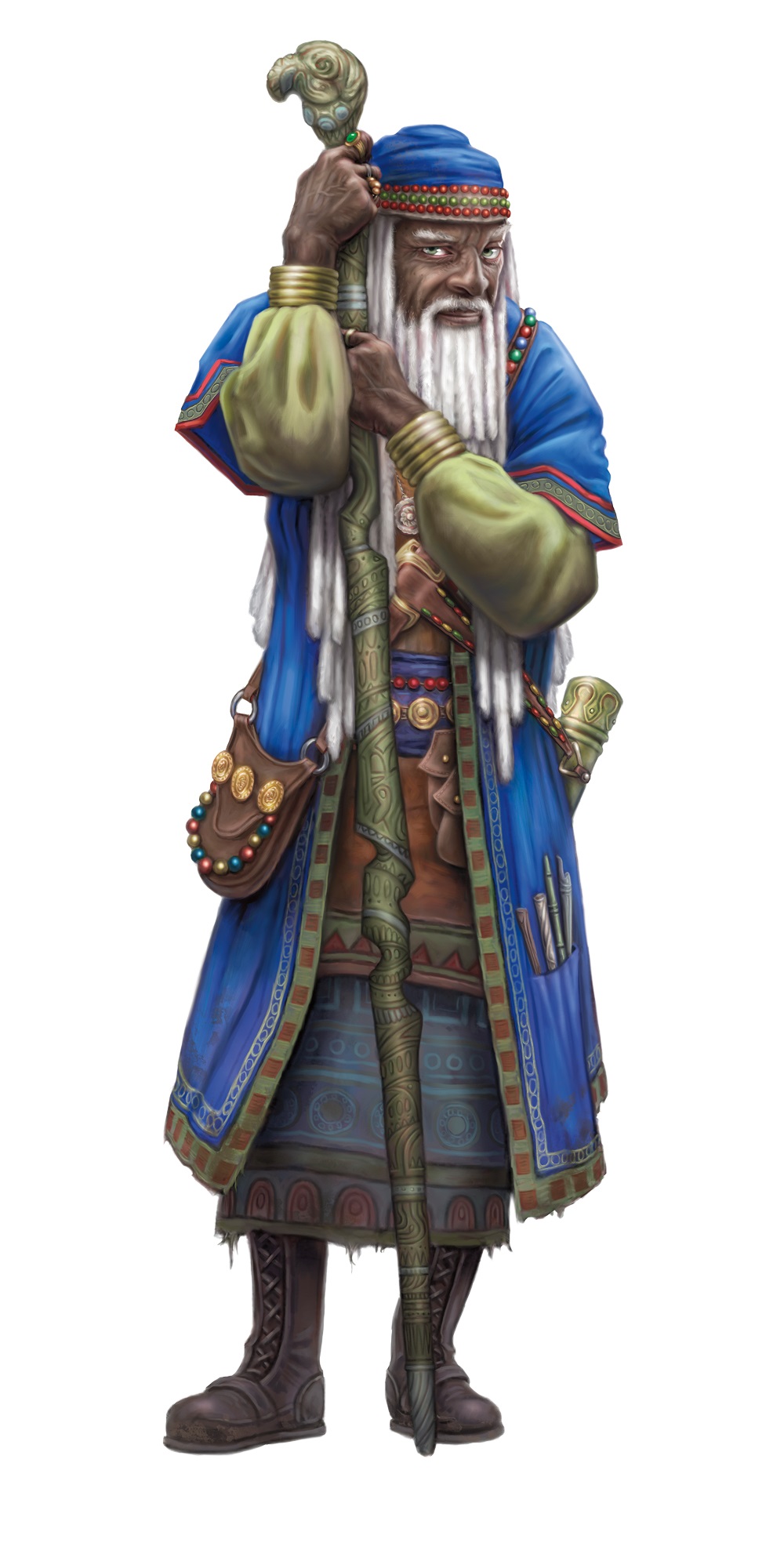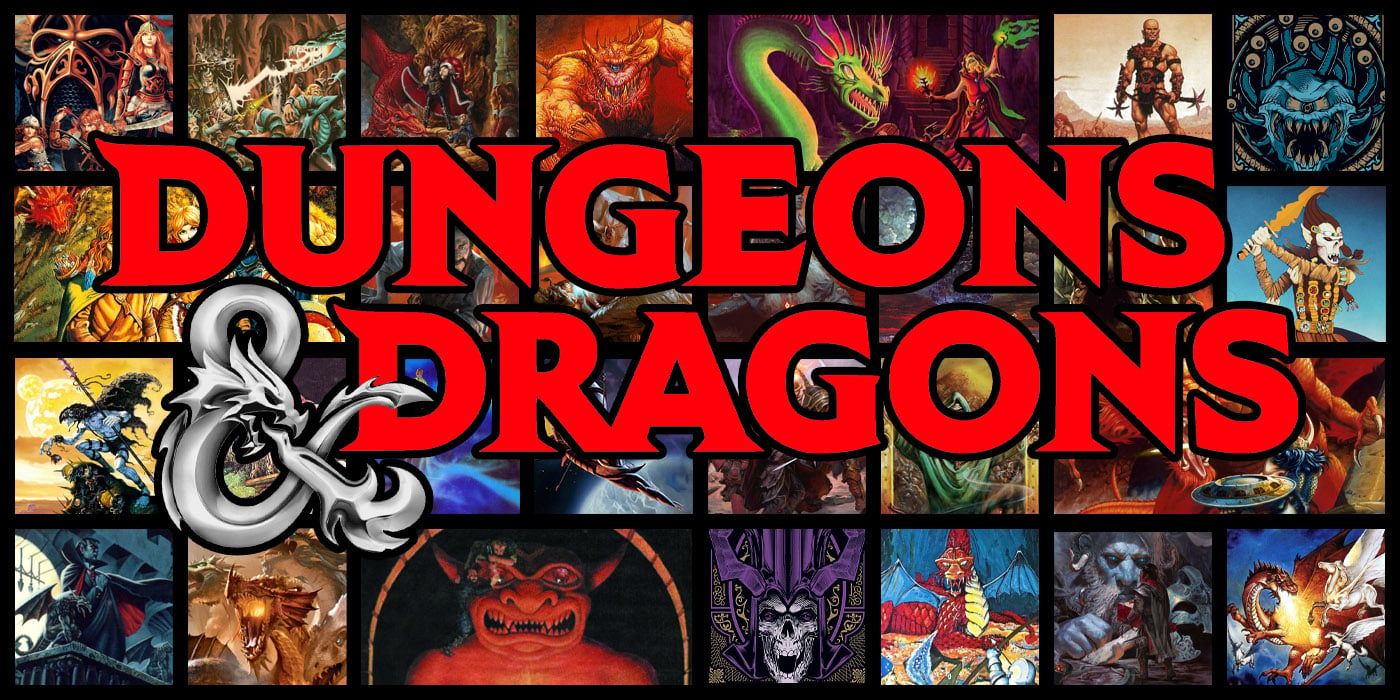D&D: Three Subclasses Revised – Rogue, Warlock, And Wizard In New Unearthed Arcana
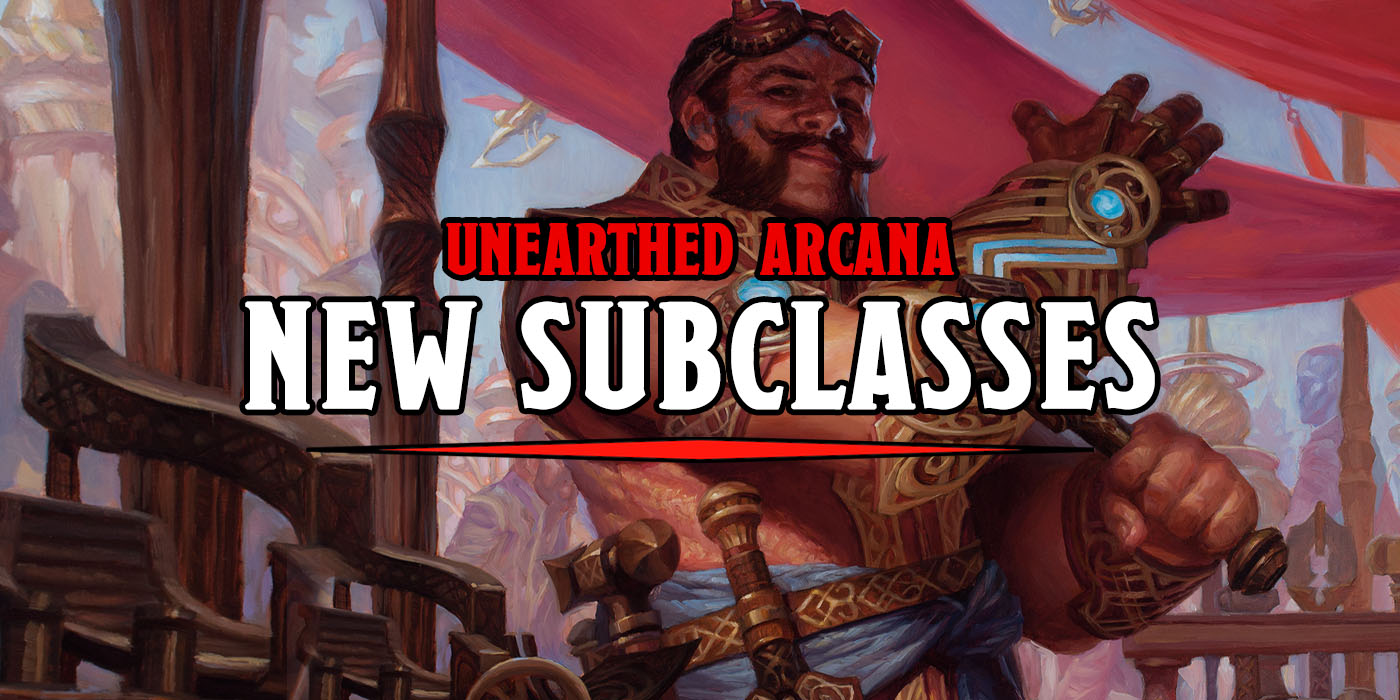
Rogues, Wizards, and Warlocks rejoice–three of your experimental subclasses have been revised in the latest Unearthed Arcana. Come see what’s new.
It’s a new month and that means at least one new Unearthed Arcana, especially with a new book in the works for September and/or November. With all the subclasses we’ve been seeing, we’re starting to get an idea of which ones made the cut. For reference, when Xanathar’s Guide was released, most of the “revised” subclasses we saw in Unearthed Arcana prior to that book’s release were included in the final printing with very little changed. So if you’re wanting to get a handle on what the new book has to offer, here’s your best bet.
And there’s a lot. The Revived Rogue is back, though now it’s called the Phantom, and the “raised from the dead at some point in your life” has gone, though the connection to the powers of death is still there. I don’t personally like that change, but there’s no denying the new flavor is very cool. The Noble Genie patron has become simply a Genie, and the powers have seen some refinement as well as a few expansions. Finally the Archivist Wizard returns in a new form: the Order of Scribes. Let’s take a look.
The Phantom
This is the revised version of the Revived Rogue. Now they are no longer bound to the idea that at some point they were raised from the dead, which was one of the more narratively appealing parts of that subclass. I loved the concept, not necessarily because it meant every rogue had to be “brought back” but rather because it reminded me a lot of custom protagonist powers in video games, and it’s a cool way to make a player feel like the hero in your own particular story. But, regardless of that narrative decision, the new version of the class still stands strong on its own two feet. It takes on a dark new Shadowfell flavor:
Many rogues walk a fine line between life and death, risking their own lives and taking the lives of others. While adventuring on that line, some rogues discover a mystical connection to death itself. These rogues take knowledge from the dead and become immersed in negative energy, eventually becoming like ghosts. Thieves’ guilds value them as highly effective information gatherers and spies.
For the most part many of the features are the same, just reflavored. Tokens of Past Lives has become Whispers of the Dead, for instance, and instead of a vague memory of one of your past incarnations, it’s “echoes of those who have died” sharing their secrets with you. But the effect is the same, you’re allowed to temporarily gain one skill or tool proficiency whenever you finish a short or long rest.
That said, there are a few substantive changes. Bolts from the Grave, which let the rogue do sneak attack damage as a ranged spell attack that could immediately follow your bonus action, is gone, replaced instead with Wails of the Dead. This feature is substantially less powerful, but it does allow the rogue to spread the love (and damage) around:
Immediately after you deal your Sneak Attack damage to a creature on your turn, you can target a second creature that you can see within 30 feet of the first creature. Roll half the number of Sneak Attack dice for your level (round up), and the second creature takes psychic damage equal to the roll’s total, as wails of the dead sound around them for a moment.
Advertisement
And the Revived Nature is gone altogether, meaning this rogue needs to sleep, eat, and breathe, and is no longer resistant to poison at 3rd Level. However, these passive bonuses give way towards a much more flavorful, active 9th level feature Tokens of the Departed. This replaces a “ribbon” ability that let you cast speak with dead. Now players can claim a soul trinket whenever a creature dies within 30 feet of them that gives them advantage on Constitution and Death saves, and you can destroy a soul trinket to ask it a question.
At higher levels features like Ghost Walk let you become like a ghost and transform into a spectral form as a bonus action, giving you a fly speed on 10 feet, as well as protecting you from foes, and Death Knell enhances your Wails of the Dead ability letting it effect two different creatures.
The Genie
This Warlock patron replaces the Noble Genie and now represents a patron that is one of the four elemental genie types included in the Monster Manual, with each one conferring elemental bonuses depending on type. The “acquiring treasure” aspect of it is gone, in its place, you can inhabit the magical vessel you’ve been given, taking respite and gaining various boons as you level up. Otherwise, many of the features are reflavored variants of the old class, except for features like Limited Wish, which allows you to replicate a spell of up to 6th level once per 1d4 long rests.
The Order of Scribes
This Arcane School is a wizard subclass that replaces the old Archivist subclass, which was once an Artificer subclass. It replaces the old Onomancer as well as the Archivist, blending features of both to create their own magically intelligence spellbook that is a repository of knowledge and arcane might. Features like Wizardly Quill and Awakened Spellbook focus on how you create your magic book, with Awakened Spellbook offering multiple options to wizards. With your own sentient book, you gain a few benefits:
- You can use the book as a spellcasting focus for your wizard spells.
- When you cast a wizard spell with a spell slot, you can temporarily replace its damage type with the damage type of another spell in your spellbook, as your spellbook magically alters the spell’s formula for this casting.
- When you cast a wizard spell as a ritual, you can use the spell’s normal casting time, rather than adding 10 minutes to it. Once you use this benefit, you can’t do so again until you finish a long rest.
At higher levels Master Scrivener lets you actually craft magic spell scrolls, transcribing a 1st or 2nd level spell onto a special scroll for free, casting it at one level higher for free, while also halving the cost for creating other spell scrolls; and Manifest Mind lets you create a spectral mind, basically calling up your own magical version of JARVIS from Iron Man. You manifest a tiny spectral construct that lets you cast spells from its own space, lets you move it around as a bonus action, and can go through walls.
Finally the capstone One With The Word gives you a few more abilities with your spectral mind–you can swap places with it as an action, and if you die while your Awakened Spellbook has a spell in it, you can return to life a minute later, though your spellbook might lose spells afterwards–which means you might lose those spells forever (barring a Wish).
There’s one last thing, which is a note from WotC that they have abandoned the idea of Onomancy and the Psionics school of magic:
The Order of Scribes reimagines the Archivist subclass, which originally appeared in Unearthed Arcana as a subclass for the artificer. That subclass was well liked, but there was a fair amount of confusion about its story. And many readers thought it might work better as a wizard subclass. Thematically, the subclass is a perfect fit for the wizard, who has always been associated with scrolls and the written word in D&D, so we’ve taken the bones of the Archivist and given it new life as the Order of Scribes.
Regarding other wizard subclasses, we can share that neither of the wizard subclasses we’ve presented in Unearthed Arcana recently—Onomancy and Psionics—will be moving forward in our development process, since they didn’t appeal to enough people and we can explore those subclasses’ themes in other ways.
Happy Adventuring!

